Second only to New York City’s concentration of 3,000, the city of Montgomery is home to more than 2,700 Mixtec people — an engaged yet unreached people group native to south-central Mexico.
In the early 2000s, the corn industry began to collapse in Mexico and the Mixtec people, who were mainly corn farmers, began to lose their source of livelihood. As they migrated to the United States for a chance at a new life and new jobs, several cities became locations where the traditional, patriarchal families began to settle — New York City; Montgomery; Richmond, Virginia; Yakima, Washington; and Nashville.
Recognizing the nations had come to them, Alabama Baptists formed the Montgomery Mixtec Task Force in 2009 to work together to reach the Mixtec with the gospel.
The task force, divided into three categories — church planting, benevolence and immigration — is now comprised of Gateway Baptist Church, Highland Gardens Baptist Church, Yarbrough Street Baptist Church and Ridgecrest Baptist Church, all in Montgomery. Nehemiah Center (a ministry of First Baptist Church, Montgomery), Community of Hope, Forest Park Ministry Center and Every Tribe Ministry also make up the task force.
Alan Cross, former pastor of Gateway Baptist, recently took on the role of task force coordinator.
“We’ve taken it upon ourselves to reach these unreached people who now live across the street from us in Alabama,” Cross said. “God has brought a people group to us and it’s our responsibility and privilege to be able to become missionaries to them.”
Most Mixtec live in multihousing communities — apartment complexes, like Hopper Gardens, or mobile home parks.
They mainly worship their ancestors but also mix that with worship of spirits and gods of nature. They have village chiefs, medicine men and follow a hierarchical model of society, with the father being the leader, Cross said. They also speak a completely oral American Indian language.
Hallay Cagle, director of Every Tribe Ministry, has been working with the Mixtec since she was a sophomore in high school and lived among them in Hopper Gardens for three years.
“I always knew I was called to be a missionary and I assumed that I’d be one overseas but I think God just brought the overseas here,” Cagle said.
But reaching the Mixtec with the gospel doesn’t come without its hardships, she said.
“It’s difficult. Ancestor worship is a huge stumbling block. Their religion is totally focused on fear. They do a lot of rituals and believe in evil curses and evil spirits,” Cagle said. But she’s found a way to use that fear as a door to share about God’s peace, hope and love.
Since Cagle has been working with the Mixtec she’s seen two adults and 10 children come to know the Lord.
But Cagle and Cross are certainly not alone in reaching the Mixtec in the U.S. The second annual Maximum Impact National Mixtec Summit was held Jan. 21–23 at Gateway Baptist to gather those working with Mixtecs across the country. People from Virginia, California, Mexico and Canada, among other places, gathered to learn more about reaching the Mixtec, to fellowship with other volunteers who are reaching them in the U.S. and to learn new strategies for sharing the gospel.
The summit featured a Spanish-only session that hosted about 65 Hispanic church members and leaders who are interested in reaching the Mixtec.
Lisa Rose, Montgomery Baptist Association’s (MBA) church and community ministries director, coordinated the summit, which was sponsored by the task force, MBA and International Mission Board.
“The summit was very rich and full of info and fellowship,” Rose said. Networking was another great aspect of the summit, she said, as Montgomery-area volunteers hope to plant a Mixtec church in 2016.
Cross said, “It’s so important for churches to network together in this ministry. There’s no way that any one church could do this on it’s own.”
Worldview, religion
Through large group and breakout sessions, participants learned about the Mixtec worldview and religion, how to share the gospel with a non-Spanish speaking people, how to find Mixtec around you, how to use immigration as a platform to share the gospel, how to live among the Mixtec and more. Although there are barriers to reaching this people group, Alabama Baptists and others are working to share the gospel with them.
“We must see our local communities as missions fields instead of something to react against,” Cross said. “We are trying to see what God is doing in this … as we see Him at work in moving people around the world so that they would be receptive to the gospel and be connected to Christians who will share.”
For more information on the task force, call 334-271-6794 or email lrose@mgmbaptists.org.

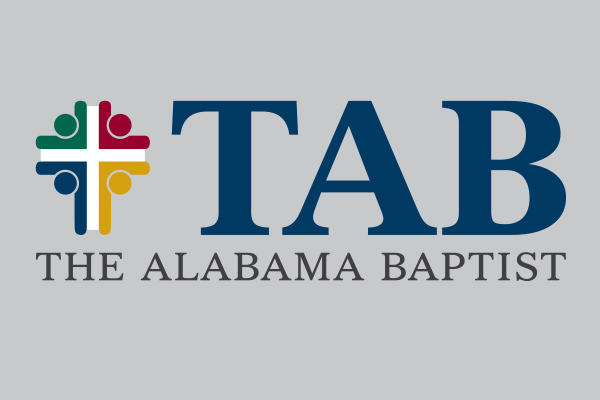
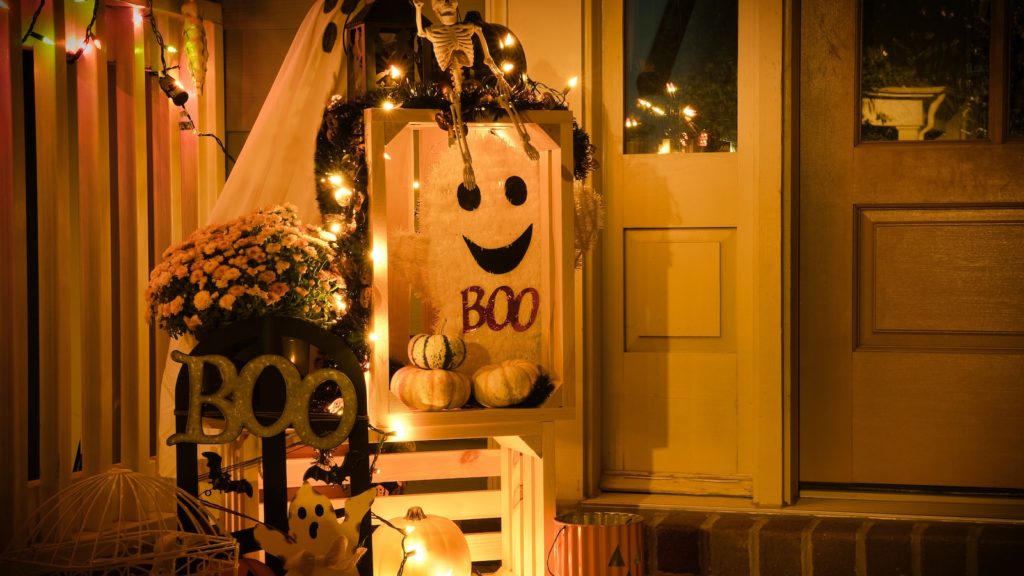
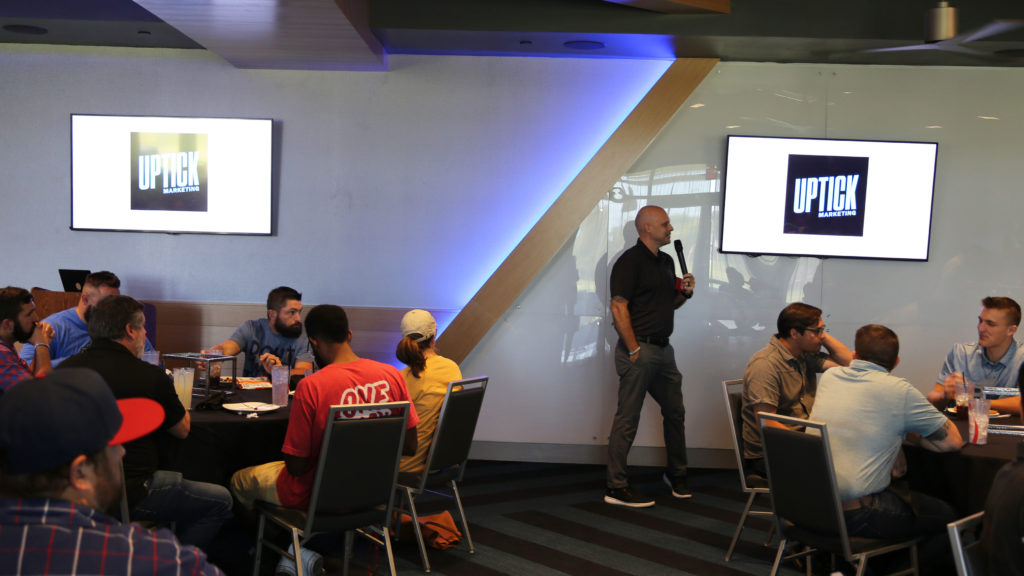
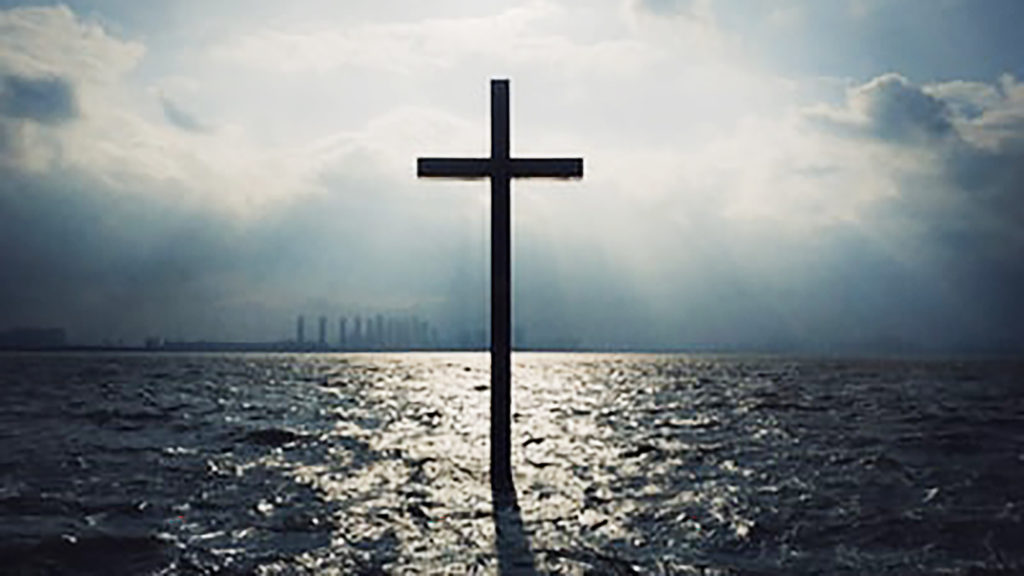
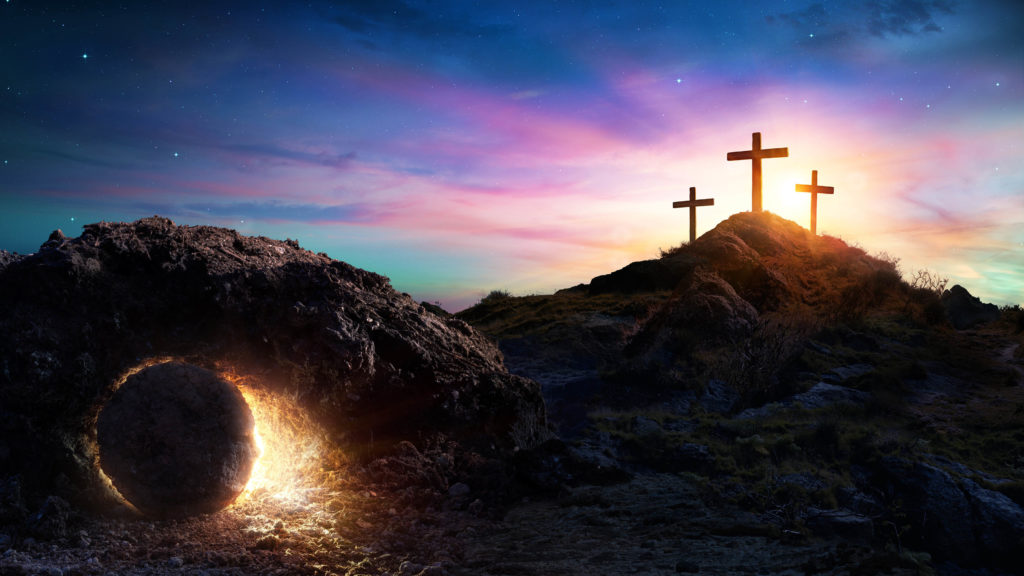
Share with others: